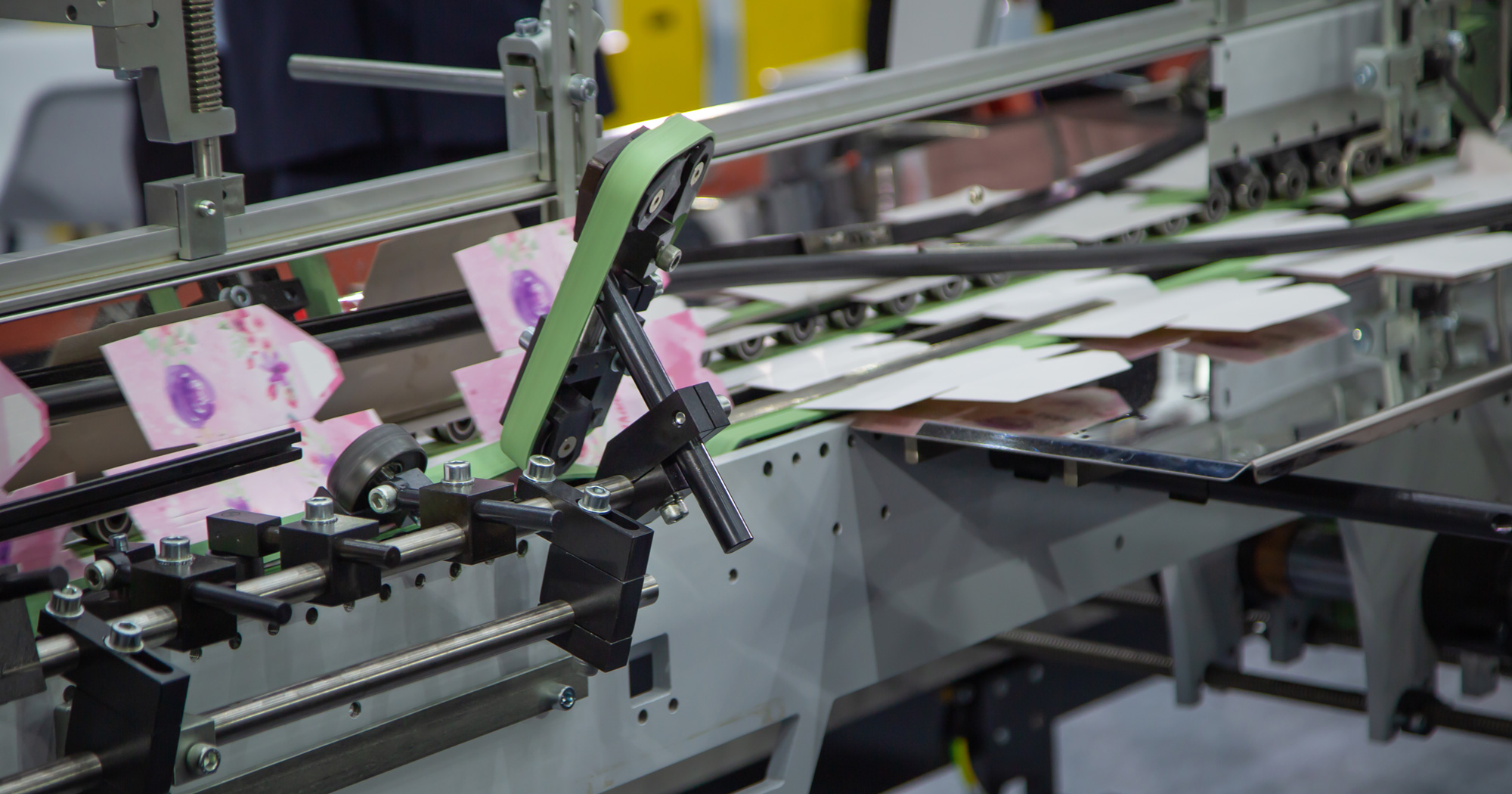Packaging is far more than just an essential protective barrier for your food products. It’s also a tool that can drive your product’s success with standout branding and graphics. When it comes to packaging for the private label food and beverages market, the stakes are even higher. Your products must stay fresh and safe for consumers. The right partner can connect you with packaging that fulfills health regulations and connects with customers, increasing your private label’s success.
What to Look For In Private Label Food Packaging Companies
There are a lot of packaging companies to choose from. That doesn’t mean they all have the same standards, use the same materials, or even follow the same processes. You’ll want to have a private label packaging partner that:
- Adheres to safety regulations
- Uses food-grade materials
- Gives the customer control of their SKUs
- Offers a range of in-house capabilities
- Provides predictable pricing
Safety Certifications and Compliances
Safety and freshness are of the utmost importance in private label food packaging. Not only are there strict legal standards to follow, but customers also need to be able to trust that your product lives up to its shelf appeal and listed lifespan. Packaging plays a major role in fulfilling these requirements. Look for a packaging partner that has experience in private label food packaging and can back up their skills with a Global Food Safety Initiative (GFSI) approved certification such as Safe Quality Food (SQF) and Hazard Analysis and Critical Control Points (HACCP) compliance.
SQF Certification
Packaging manufacturers with SQF certification adhere to stringent food safety and quality standards across their entire production process that help to reduce risk and keep your product food safe.
HACCP Compliance
Packaging manufacturers with HACCP compliance have analyzed each step of their production process and met the preventive measures to ensure their packaging keeps food products safe for consumption.
Manufacturing Materials
The materials used to create your packaging play a big role in your product’s safety and shelf appeal. Manufacturers should be using FDA-approved materials, like paperboard folding cartons, to create packaging. Ask about the coatings used in the manufacturing process. Food grade water-based coatings are ideal for private label food packaging since they offer good protection against fat or grease, water, and moisture. Also, find out what kind of ink is used for printing and graphics. Soy-based inks are an eco-friendly option typically preferred over petroleum-based alternatives. They have lower volatile organic compounds (VOCs), are a renewable resource, and create vibrant, accurate colors on packaging.
Manufacturing Processes
Whether you need high-volume orders for a single product or smaller quantities for multiple different SKUs, your packaging provider should always allow you to order what you need and fulfill it according to your deadline without compromising quality. Some manufacturers may produce combo runs where different SKUs are grouped together and made at the same time. Combo runs can lead to quality control issues or contamination risks. Ensure your packaging partner keeps all SKUs separate, no matter the order volume size or how many different products you have.
Manufacturing Capabilities
As a private label, you’re likely to need a packaging provider who can create custom sizes, graphics, or embellishments for your product. Ideally, you’ll want to have a partner who keeps most, if not all, of their manufacturing in house. From sheeting and printing to die making and cutting, the more capabilities your packaging company can perform in its own facilities, the more reliable its lead times and quality standards should be. That’s not to say that outsourced manufacturers can’t provide a high level of work, but you as the customer may not have the level of accountability you should be able to expect from your packaging partner.
Predictable Pricing
From the beginning of your working relationship, your packaging partner should always provide stable, predictable pricing for your entire range of SKUs. Some manufacturers maintain competitive pricing for high-volume orders, but have vastly different rates for smaller-sized orders. That can hinder your growth, especially as you’re trying to expand your product lines. When a packaging company truly is a partner, they should allow you to add new products, alter designs, or extend a product line at introductory volumes without penalizing you with adverse price points. Together, you’ll both take on the risk fairly, and with limited financial exposure, so you can continue to grow as a private label.


